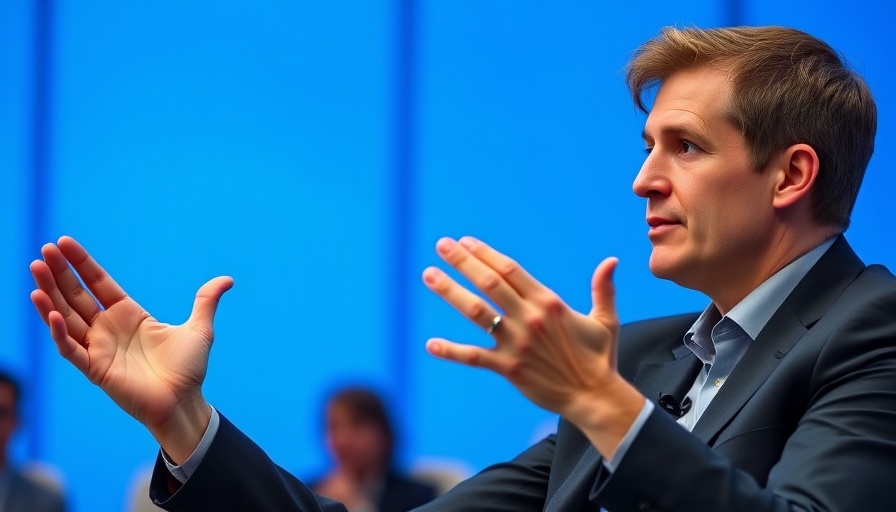
The Tug-of-War Over Copyright and AI
In an age where technology is evolving at an unprecedented pace, the debate surrounding copyright laws and artificial intelligence (AI) has reached a boiling point. OpenAI, alongside Google, is advocating for the ability to utilize copyrighted materials under the auspices of national security. This argument leans heavily on the premise that the U.S. must prevail over adversaries like China in the rapidly advancing arena of AI technologies.
The core issue lies in OpenAI’s assertion that training AI models on copyrighted content is essential. They argue that such practices are a means to scale human ingenuity and innovation. But critics, including numerous news organizations, are alarmed at this notion, dubbing it a thinly veiled attempt at legalized content theft.
Historical Context: Intellectual Property as a Foundation
The fight over intellectual property is not new; it forms the cornerstone of creative economies. For centuries, the rights of creators to protect their work have been recognized as vital to innovation and cultural development. As AI technologies draw heavily from these creative processes, the implications of stripping away copyright protections could resonate through the economy.
Consider the invention of the printing press. It democratized knowledge while still respecting the rights of authors and journalists. Today's digital landscape should be no different. Understanding this history is crucial for both tech giants and policymakers as they navigate the path toward an equitable resolution for creators.
Predictions: A Future at a Crossroads
If the Trump administration sides with OpenAI's proposals, we could witness an enormous shift in the landscape of copyright law. This could empower AI companies to train on virtually any content, thereby threatening the livelihoods of countless human creators. Conversely, upholding copyright protections would reinforce the rights of journalists and creators, providing them with the necessary framework to continue their work without fear of appropriation.
Counterarguments: Balancing Interests
While OpenAI points to national security and the economic benefits of unhindered AI development, this narrative neglects the fundamental rights of creators. Protecting copyright does not equate to stifling innovation; rather, it ensures that artists, authors, and journalists receive fair compensation for their contributions. The debate illustrates a broader tension between technological advancement and the safeguarding of intellectual property.
Real-World Implications: Navigating Competing Interests
The ongoing lawsuits against OpenAI underline the tensions inherent in AI development. With various organizations challenging the legality of AI training on copyrighted works, the implications extend beyond journalism to encompass all creative sectors. The fate of these lawsuits could determine whether AI becomes a transformative tool that complements human creativity or a rival entity that undermines it.
As we advance, creators must be given comprehensive protections that ensure their work is respected even in an AI-dominated environment. National policy must reflect a commitment to safeguarding these rights, not only to support the future of journalism but also to foster a culture of creativity and innovation that benefits society as a whole.
Conclusion: A Call for Fairness in AI
The debate surrounding OpenAI's proposals is not just a legal battle; it's a philosophical stand-off about the future of knowledge and creativity. As AI becomes an integral part of our lives, understanding these complexities is essential. For those invested in the integrity of creative work, it is crucial to advocate for policies that respect and protect copyright while allowing innovation to flourish. Consider your role in this evolving dialogue and seek to engage with the legislation that shapes the landscape of art, journalism, and technology. Your voice matters in this pivotal moment for our intellectual future.
 Add Row
Add Row  Add
Add 




 Add Row
Add Row  Add
Add 

Write A Comment